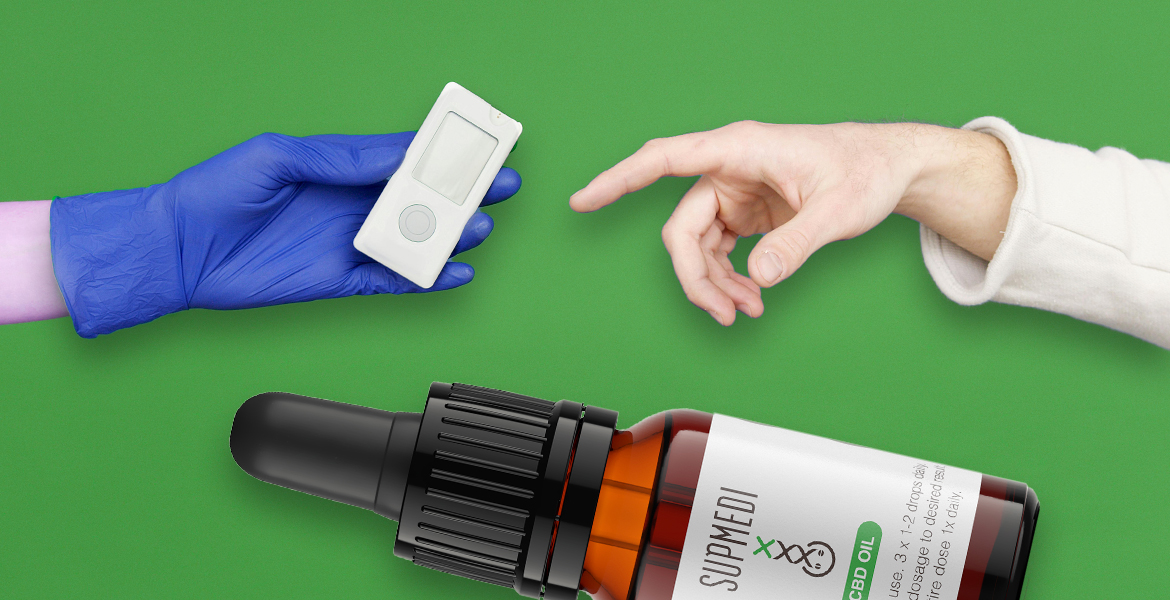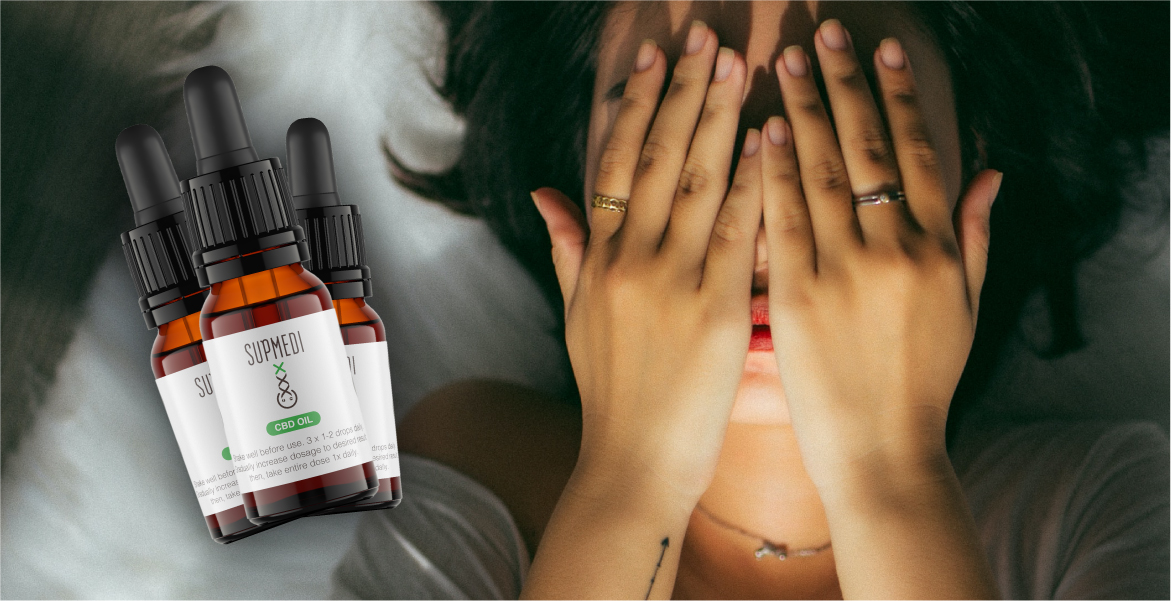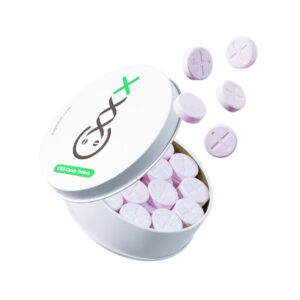
Prevention Is Better Than Cure: The Future of CBD and Diabetes
28 November 2024Diabetes has a significant impact on health. As with many conditions, prevention is better than cure, and CBD might be a promising tool in this regard. Although many uncertainties remain, ongoing research seeks to uncover the ways CBD oil might help. In this blog, we aim to find some answers.
Diabetes: The Impact on Health
Diabetes is one of the most common and challenging diseases in our society. In the United States, over 100 million adults have diabetes or prediabetes, according to the CDC. Globally, around 8.5% of people are affected by diabetes. This represents a sharp increase compared to 4.7% in 1980.
Many people underestimate the severity of diabetes. Beyond unstable blood sugar levels, it is associated with other complications, including blindness, kidney failure, heart disease, and strokes. It remains a complex condition, with causes that are not yet fully understood.
Both type 1 and type 2 diabetes impair the body’s ability to regulate blood sugar levels and produce insulin. This hormone, made in the pancreas, is essential for absorbing sugar from the bloodstream. People with diabetes often rely on medications, including insulin, to control their blood sugar.
But is it possible to prevent diabetes, perhaps with CBD? In recent years, CBD has gained popularity for its unique properties that address various health concerns such as sleep issues, stress, and pain. This has sparked interest in CBD’s potential influence on diabetes and its associated problems.

Can CBD Help Prevent Diabetes?
CBD, a cannabinoid found in the hemp plant, is available in various forms such as oils, tablets, and CBD-infused food and drinks. Regardless of the form, CBD interacts with the endocannabinoid system, which maintains the body’s natural balance. Through this system, CBD can influence processes like sleep cycles, the immune system, and pain perception.
Extensive research has been conducted on CBD and other compounds from the hemp plant, such as THC. Unlike THC, CBD does not have psychoactive effects. However, the combination of THC and CBD may produce unique benefits. Studies have even explored the connection between cannabis use and diabetes.
A 2012 study suggested that cannabis use might reduce the risk of developing diabetes by 58%. However, further research is needed to confirm these findings.
According to the Diabetes Council, the link between cannabis and reduced diabetes symptoms may stem from the anti-inflammatory properties of cannabinoids. The Council also notes that CBD may help reduce the incidence of diabetes and delay its onset.
For individuals with type 2 diabetes, CBD could provide protective benefits. Researchers believe CBD can address an endocannabinoid imbalance that makes weight loss more difficult—an important factor in managing this type of diabetes. Additionally, CBD may help reduce insulin resistance, a key underlying mechanism of the disease.
So, can CBD truly prevent diabetes? The evidence is not yet conclusive. However, the findings from various studies are encouraging. CBD’s broad effects on the body’s systems can tackle symptoms like inflammation, pain, and blood sugar regulation from multiple angles.
The Future of CBD and Diabetes Prevention
CBD holds tremendous potential in health, particularly for diabetes prevention and management. Its application can be expanded in several ways:
- Developing innovative products: Research and development of CBD-based supplements, foods, and topicals specifically targeting diabetes prevention. Products with higher concentrations or combinations with other natural remedies, such as medicinal mushrooms, could be explored.
- Clinical studies: Increased focus on research into CBD’s role in diabetes prevention. Unlike studies on conditions like cancer, where results take time, the effects of CBD on blood sugar levels can be observed daily through simple blood tests, making studies easier to conduct.
- Integration into health programs: CBD could play a key role in programs for individuals at risk of diabetes. It could also complement other natural and holistic approaches.
- Legal and regulatory developments: Addressing the legal status and improving awareness among healthcare providers and scientists about CBD as a preventive tool.

Harnessing the Power of CBD
CBD shows great promise for managing type 1 and type 2 diabetes. Its various properties can alleviate symptoms and improve well-being. While it’s not yet clear if CBD can fully prevent diabetes, the ongoing research provides hope. If you’re considering CBD, consult your healthcare provider first.

CBD Candy Tablets200 mg CBD
€11.50







